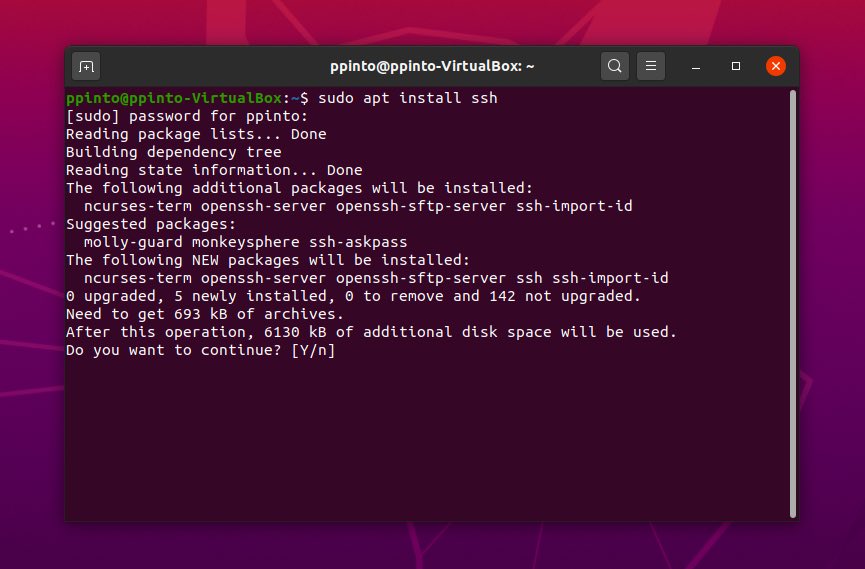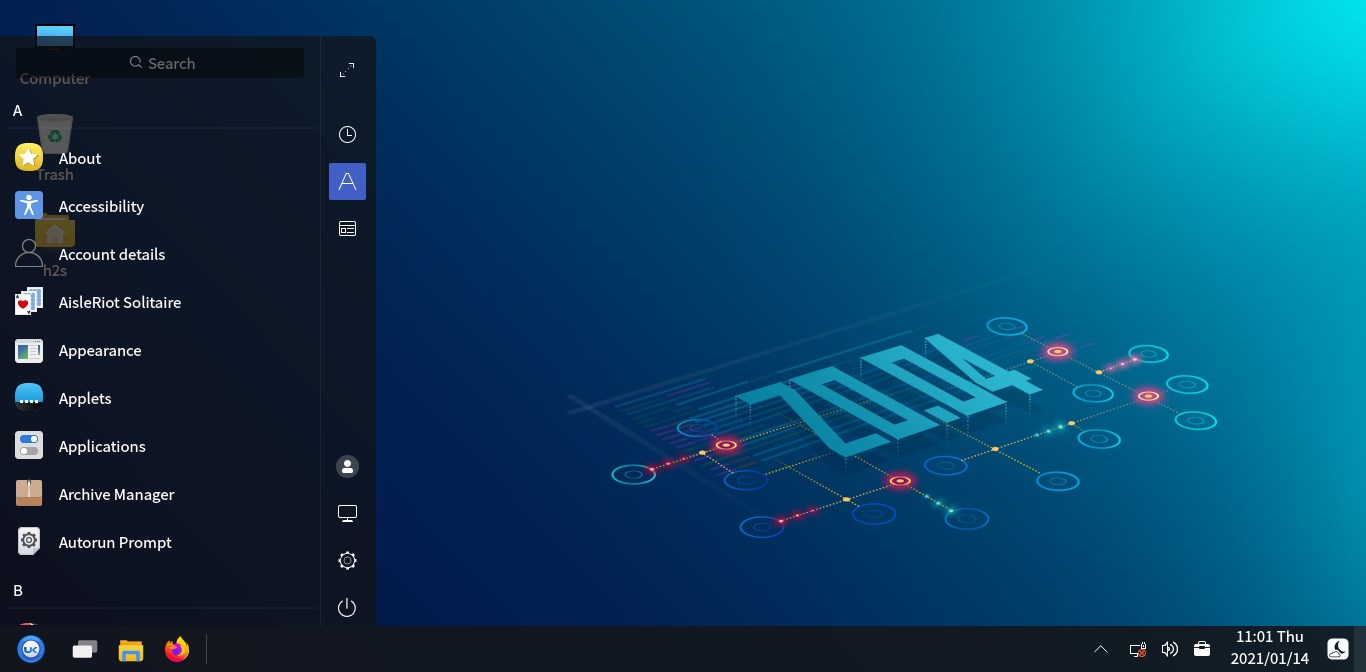
Some extensions are not supported across all operating systems and might emit error code 51 ("Unsupported OS"). However, the extensions framework has a limit for the operating systems that extensions use. The agent runs on multiple operating systems. It can also be installed manually on supported operating systems. The Azure Linux Agent is preinstalled on Azure Marketplace images. The agent is responsible for many functional aspects of deploying and managing Azure VMs, including running VM extensions. The Azure Linux Agent manages interactions between an Azure VM and the Azure fabric controller. Some individual extensions have prerequisites, such as access to resources or dependencies. To handle the extension on the VM, you need the Azure Linux Agent installed. Custom scripts are useful for designing Azure deployments that require configuration beyond what native Azure tooling can provide. The Custom Script extension for Linux allows any Bash script to be run on a VM. In addition to process-specific extensions, a Custom Script extension is available for both Windows and Linux virtual machines. Configure monitoring of your Azure infrastructure by using the Chef or Datadog extension.

Configure monitoring of a VM by using the Microsoft Monitoring Agent VM extension.Apply PowerShell desired state configurations (DSCs) to a VM by using the DSC extension for Linux.Use cases and samplesĮach Azure VM extension has a specific use case. Each has a potentially unique configuration and its own documentation. This article provides generalized information because many VM extensions are available. This article provides an overview of Azure VM extensions, prerequisites for using them, and guidance on how to detect, manage, and remove them. You can bundle extensions with a new VM deployment or run them against any existing system.

You can run Azure VM extensions by using the Azure CLI, PowerShell, Azure Resource Manager templates (ARM templates), and the Azure portal. For example, if a virtual machine requires software installation, antivirus protection, or the ability to run a script inside it, you can use a VM extension. Azure virtual machine (VM) extensions are small applications that provide post-deployment configuration and automation tasks on Azure VMs.


 0 kommentar(er)
0 kommentar(er)
